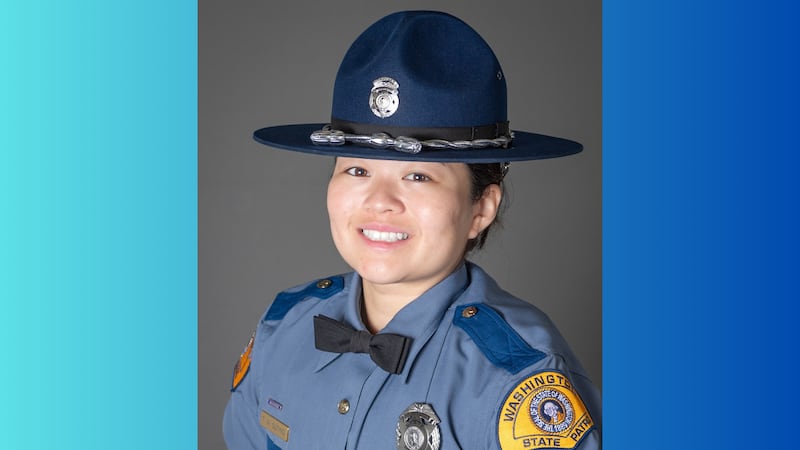SEATTLE — The protest by students in Bellingham 10 days ago is just the tip of the iceberg.
On March 14, thousands of students from high schools across Western Washington are expected to walk out of class, demanding an end to school violence.
Scroll down to continue reading
More news from KIRO 7
- REI halts Camelbak, Giro brands after parent company fails to take gun stance
- Police: Woman in custody after attempting to kidnap child at Kirkland park
- Crash involving logging trucks sends logs through truck's cab
- One dead after car crashes into pole in Auburn
- Dog deemed 'unadoptable' to become first-ever deaf K-9 in Washington
So tonight, we're digging into their plans to protest, what rights they have and the actions school districts could take against them.
In the state of Washington, there are consequences for students who walk out of class in protest. But the Garfield Student leader says that seems unfair because their message of safety is so crucial. And now the ACLU is getting involved to make sure students know their rights.
"The generation before us has not done a great job of doing action," said Treat.
Sam Treat stood outside Garfield High School where he is a sophomore. He says the deadly school shooting in Parkland, Florida, and the activism it sparked in the survivors have affected him like no other.
"And I was like 'these kids are amazing and want to help be a part of this,'" he said. "I just think that was really powerful to see."
A sight so powerful, that school children across the country are planning to protest in just 12 days. Treat is helping organize Garfield's response.
"So what are you planning for March 14th here?" Treat was asked.
"So we're planning a walkout," he said when asked what . "In addition to 17 minutes of silence for the 17 victims, because it's important to honor Parkland, we're going have booths where you can make signs, booths where you can register and pre-register to vote because that's how we're going to get our voices heard."
To help teach students know their First Amendment rights, the American Civil Liberties Union posted a webinar on YouTube.
"There's a famous quote from a case from the 1960s, Tinker versus Des Moines," says Vanessa Hernandez, "that says students do not shed their First Amendment rights at the school house gates."
Hernandez is the youth policy director for the ACLU of Washington. She says those rights include how and whether the student protestor is punished.
"Students who walk out of school shouldn't be punished any more harshly than they ordinarily would be," she said. "So, shouldn't be punished more harshly and you can't be suspended for a first time unexcused absence. Those are the two big things."
Indeed, in the state of Washington, any student who ditches class for a protest will receive an unexcused absence on their school record. Still, students at schools across the state are planning to take action. By one count, there are more than 70 planned walkouts in the Puget Sound region alone.
"I don't think it's fair to punish students for wanting to feel safe in their schools," said Sam Treat.
But Treat says that won't stop him.
"Colleges will see the unexcused absence but hopefully they will see past that and see that you're really an activist and everyone else will see that, too, when they look at your transcript. You're willing to take that risk? Ah, for sure yeah. Change is more important than you know one unexcused absence on my, on my transcript," Treat said.
And this isn't happening only at high schools. Students at middle and even elementary schools are planning to walk out on March 14, too.
Seattle and Everett school officials say they will follow state law. Any student who walks out will receive an unexcused absence. Tacoma school officials say they are still discussing what they will do.
Click here to see a list of schools participating in the walkout.
Cox Media Group





